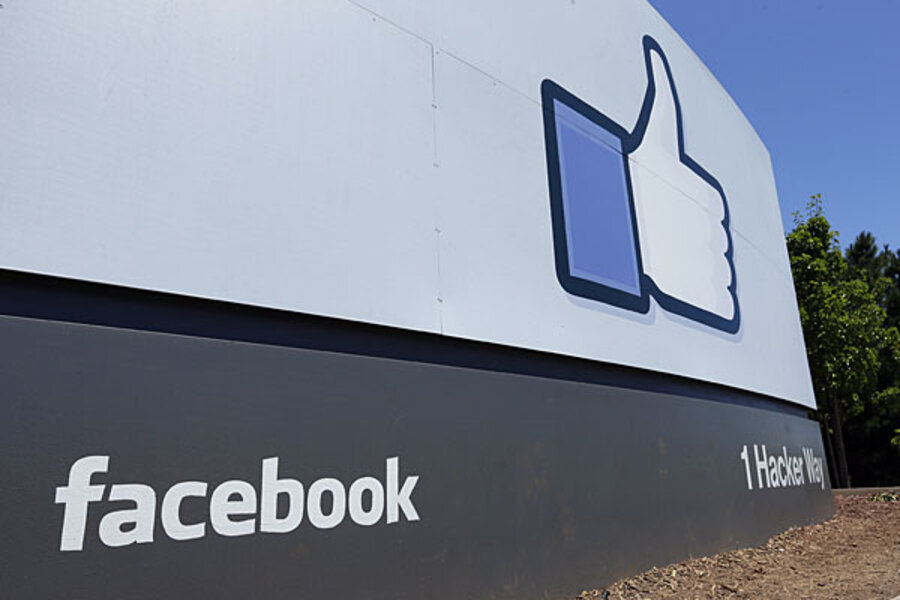Facebook earnings triple on surging mobile advertising
Loading...
| New York
Facebook's earnings nearly tripled and revenue grew sharply in the first quarter, surpassing Wall Street's expectations thanks to an 82 percent increase in advertising revenue.
It was the fourth quarter in a row that Facebook beat forecasts as it continues to barrel ahead in mobile advertising at a time when nearly 80 percent of its users are accessing it on smartphones and other portable gadgets.
The world's biggest online social network said Wednesday that it earned $642 million, or 25 cents per share, in the January-March quarter, up from $219 million, or 9 cents per share, in the same period a year ago.
Adjusted earnings, which exclude stock compensation expenses and other costs, were $885 million, or 34 cents per share, in the latest quarter.
Facebook's revenue was $2.5 billion, up 71 percent from $1.46 billion in the same period a year ago.
Analysts, on average, were expecting adjusted earnings of 24 cents per share on revenue of $2.36 billion, according to a poll by FactSet.
Shares of Menlo Park, California-based Facebook climbed $2.34, or 3.8 percent, to $63.71 in extended trading after the results came out. The stock had closed down $1.67, or 2.7 percent, at $61.36 amid a broader market decline.
There were 1.28 billion monthly Facebook users at the end of March, up 15 percent from a year earlier. The number of users who log in every day increased 21 percent to 802 million.
The number of Facebook users who log in at least once a month using mobile devices climbed 34 percent to surpass 1 billion for the first time. Daily mobile users were 609 million, up 43 percent from a year ago.
Advertising revenue totaled $2.27 billion. Of this, mobile advertising accounted for $1.34 billion, or 59 percent. That's a bigger share than in the fourth quarter of 2013, the first time mobile accounted for more than half of Facebook's ad revenue, at 53 percent.
Facebook held a 6 percent share of worldwide digital ad revenues last year, according to research firm eMarketer, which expects the company's share to grow to nearly 7 percent this year. Google, in comparison, garnered 32 percent of worldwide digital ad spending in 2013 and is expected to drop slightly to a fraction below that number by the end of 2014.
On the mobile front, Facebook accounted for nearly 15 percent of worldwide ad revenue and is expected to steal some of Google's share this year to grow to 22 percent. In comparison, Google's share was 49 percent last year and is expected to drop to about 47 percent by 2014's end.
Facebook also said its chief financial officer, David Ebersman, is leaving on June 1 after five years. He'll be replaced by David Wehner, currently vice president of corporate finance and business planning.
"David set us up to operate efficiently and make the long term investments we need, and built an incredibly strong team including Dave Wehner, our next CFO," CEO Mark Zuckerberg said in a statement.
Facebook's results came the same day the Federal Trade Commission cleared its $2 billion acquisition of Oculus VR, a maker of virtual reality goggles. The company also agreed to buy WhatsApp, a mobile messaging service, for $19 billion during the first quarter. The company is largely using Facebook stock to make both purchases.
Facebook's valuation and the exorbitant price tags of the deals is raising questions among tech industry experts about whether the sector is in the midst of a bubble not seen since the turn of the century.
"I'm troubled by the astronomical valuations in tech," wrote Endpoint Technologies Associates analyst Roger Kay on Forbes.com this week. "Tech isn't separate from the rest of the economy. Inflation in tech bleeds into, pumps up, infuses other sectors."





